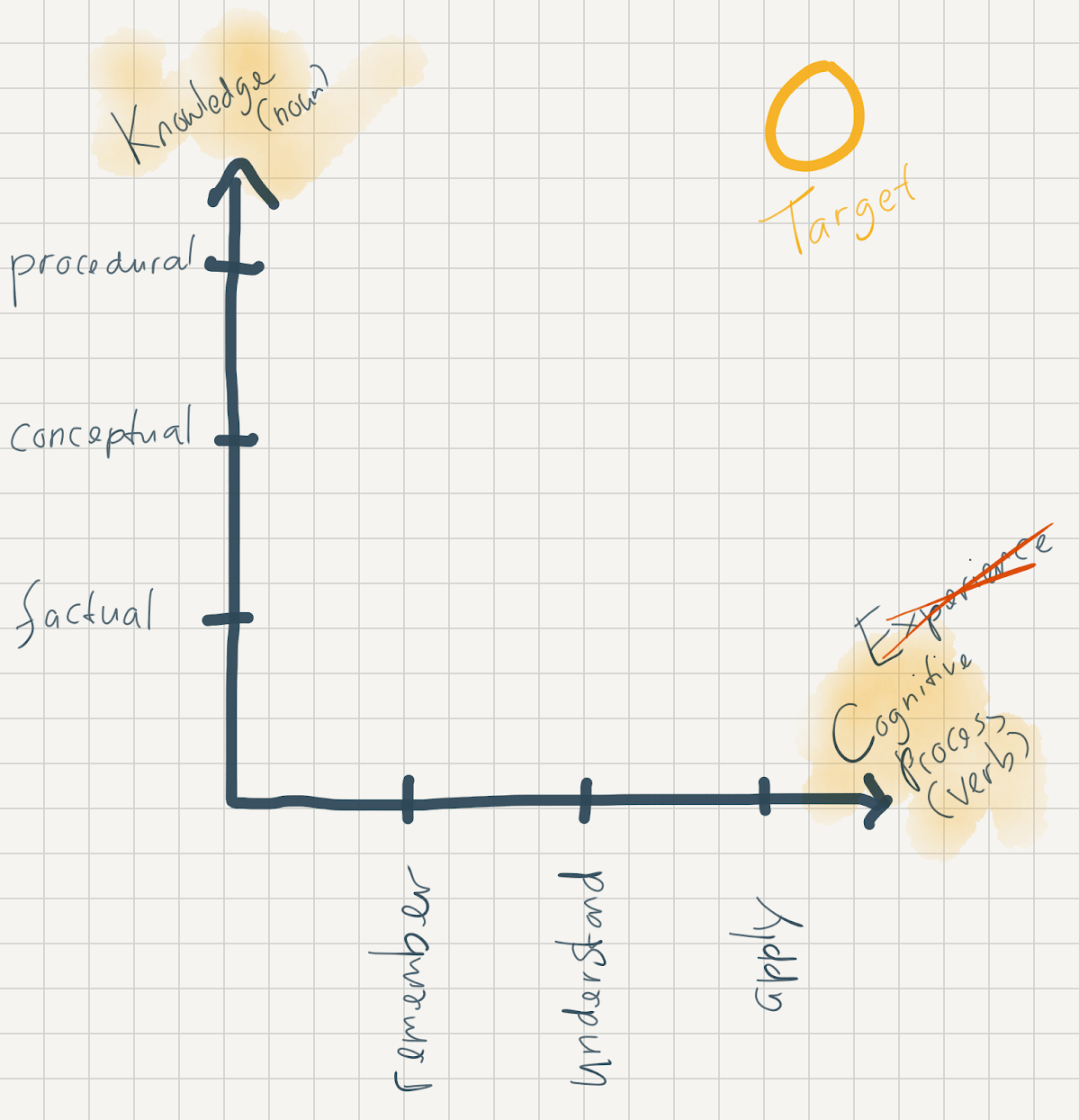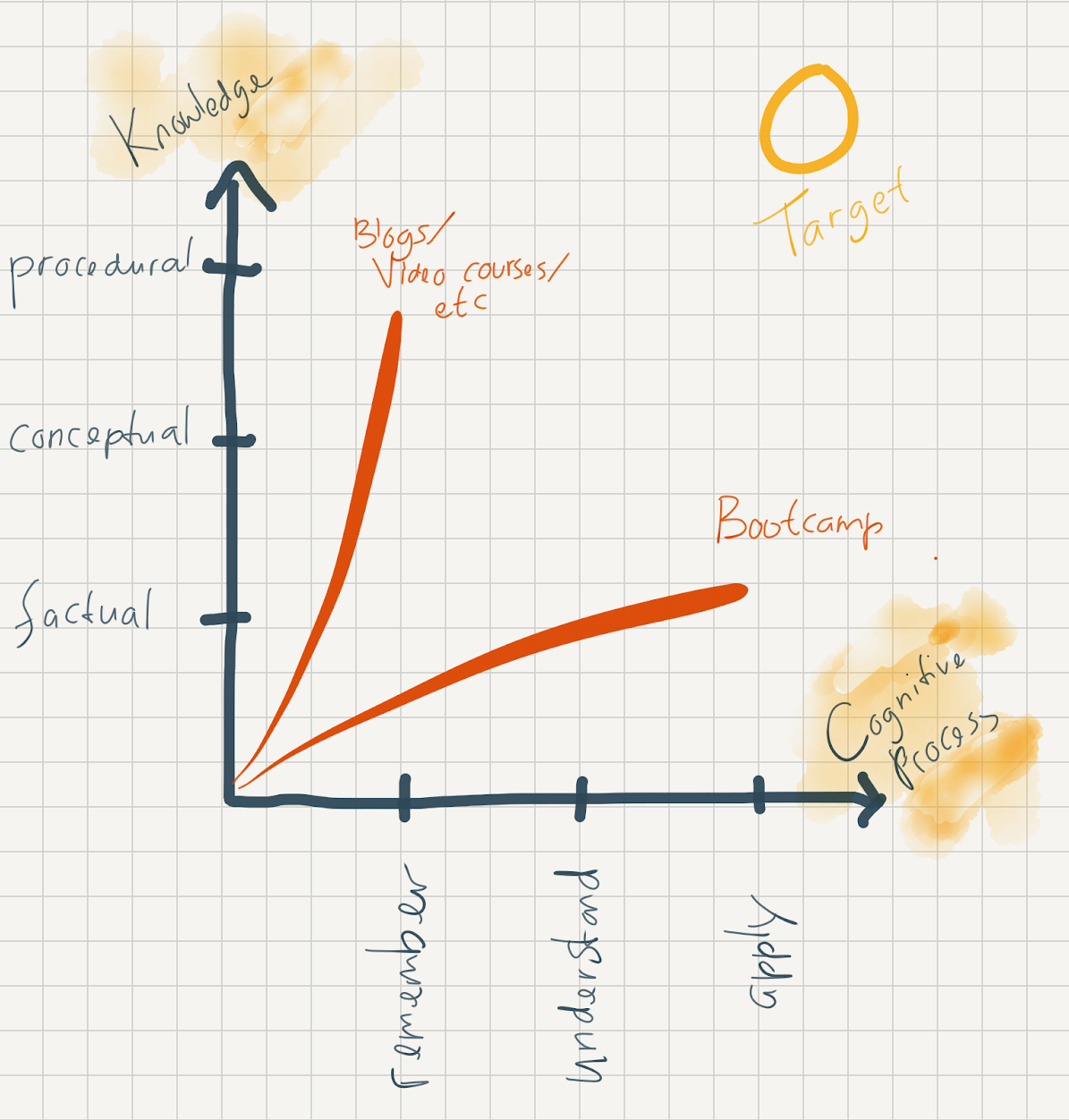20 September 2019

I’ve heard more people who suggest that it’s becoming a lot easier to become a technologist now. This is because the knowledge required to become a technologist, whether that’s a software engineer or system administrator, was not very accessible in the past, but this is changing rapidly. Even though software conferences are expensive to attend, many of them are made free to be watched online now. Online video courses are becoming easier and cheaper to access. As more and more technologists are coming to the software industry, many are also publishing what they have learnt as blogs online, for free.
Would that mean that everyone can be a technologist now? I’m quite sure that knowledge is not the only thing that we need to become a technologist. Talking to many technologists, I often discover that many can recite what a conference speaker had talked about. More often than not, we wouldn’t know how to make use of that knowledge in practice. If we can’t make use of them, what is the use of knowledge that we have acquired?
When I finished my university study and entered my first job, it took me months if not years to be confident and productive at my job. Despite the aplenty knowledge that I have acquired in the university, I didn’t know how to use them effectively. On the other hand, I had an ex-colleague has an art degree. He is incredibly effective at his job even when he told me that the amount of his actual knowledge is not plenty.
Why is our industry so obsessed with evaluating knowledge memorisation? When I was interviewing for jobs, many people would ask about a very specific thing about a particular technology. It’s as if I can name all of the Spring Framework bean scopes, I must be a very good engineer. Not at all. There’s definitely something more than the knowledge that we need here to be a knowledge worker. If knowledge is not all of it, what then?

One differentiator of a fresh graduate me, versus my ex-colleague in comparison was years of experience. Are years of experience the other dimension that we’re looking for? Years of experience is definitely something that I get asked quite a lot. Do I have 5 years of Java experience? Hang on, are we calculating the total of my working hours? Are 8 hours of work counted as day? Do you take your programming hobby and weekend into account? Experience is not something that I’m looking for here. You and I have definitely met people with X years of experience that perform differently. Besides, it’s quite a lazy way to coach new technologists, they need more than just sole experience.
If knowledge is the noun, what I’m looking for is a verb. It’s the verb that describes how we’re making use of the knowledge. According to Bloom’s Taxonomy, this verb that we’re looking for here is cognitive process. If knowledge is what you have developed upon watching those online video courses, a cognitive process is what experience has developed on you.

The question then is, how can we make cognitive process development as accessible as knowledge acquisition?
Understanding the importance of cognitive process perhaps is one of the reasons why bootcamps are gaining popularity. Bootcamps students are encouraged to have close to real work experience, hence they will be able to strike a different balance between student’s knowledge and cognitive process development. Therefore, if we try to contrast with those widely accessible online courses, these are how they affect us:

The problem with bootcamps is, they are normally only applied to people who are looking for jobs for the first time. How can experienced technologists accelerate their cognitive process development? Is cognitive process only developed through experience? Many of us don’t have the privilege to work in an environment that will accelerate our development. Throughout my career, for example, many of my cognitive process ability has been developed out of my normal working hours — where I have the proper time to think and internalise the knowledge I’ve acquired. I always believe that there’s a better way of doing things, and we need to move beyond the thinking of experience.